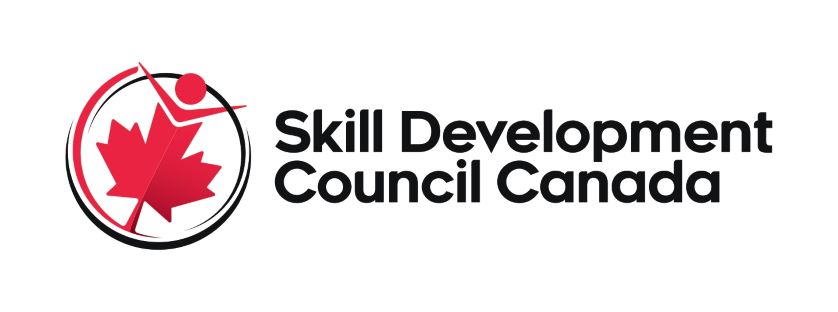International Diploma in Disaster and Recovery Management
Course Overview: The International Diploma in Disaster and Recovery Management is designed to equip students with the knowledge and skills required to effectively plan for, respond to, and recover from various types of disasters, including natural disasters, human-caused emergencies, and complex humanitarian crises. The program aims to develop professionals who can lead and coordinate disaster management efforts at local, national, and international levels, while promoting resilience and sustainable development practices.
Learning Objectives:
Upon successful completion of this program, students will be able to:
- Understand the fundamental concepts, theories, and principles of disaster management, including risk assessment, prevention, preparedness, response, and recovery.
- Analyze the impacts of disasters on communities, infrastructure, and the environment, and develop strategies to mitigate these impacts.
- Apply emergency planning and response techniques, including incident command systems, emergency operations centers, and crisis communication strategies.
- Evaluate the roles and responsibilities of various stakeholders in disaster management, including governments, non-governmental organizations (NGOs), and international agencies.
- Develop and implement effective recovery plans, addressing issues such as reconstruction, rehabilitation, and long-term resilience-building.
- Integrate principles of sustainable development, climate change adaptation, and community-based disaster risk reduction into disaster management practices.
- Demonstrate leadership, decision-making, and problem-solving skills in simulated disaster scenarios and case studies.
- Analyze the legal, ethical, and cultural considerations in disaster management operations, particularly in cross-border and international contexts.
Qualification Structure: The International Diploma in Disaster and Recovery Management consists of 10 mandatory units for a combined total of 54 credits, 540 hours of Total Qualification Time (TQT), and 270 Guided Learning Hours (GLH) for the completed qualification.
Course Content:
Module 1: Introduction to Disaster Management
- Definitions and types of disasters.
- Historical overview of disaster management.
- Theoretical frameworks and approaches.
Module 2: Risk Assessment and Mitigation
- Hazard identification and risk analysis.
- Vulnerability assessments.
- Mitigation strategies and techniques.
- Land-use planning and building codes.
Module 3: Emergency Preparedness and Planning
- Disaster preparedness planning.
- Early warning systems.
- Emergency operations centers and incident command systems.
- Resource management and logistics.
Module 4: Disaster Response and Relief Operations
- Search and rescue operations.
- Emergency medical services.
- Relief aid distribution and camp management.
- Crisis communication and public information.
Module 5: Recovery and Reconstruction
- Damage assessment and needs analysis.
- Reconstruction planning and implementation.
- Rehabilitation and livelihood restoration.
- Psychosocial support and community resilience.
Module 6: Sustainable Development and Disaster Risk Reduction
- Climate change adaptation and disaster risk.
- Community-based disaster risk reduction.
- Ecosystem-based disaster risk reduction.
- Integrating disaster risk reduction into development planning.
Module 7: Disaster Management Governance and Coordination
- International humanitarian architecture and frameworks.
- Roles and responsibilities of stakeholders (governments, NGOs, UN agencies).
- Coordination mechanisms and cluster approaches.
- Civil-military coordination.
Module 8: Legal, Ethical, and Cultural Considerations
- International disaster response laws and regulations.
- Human rights and humanitarian principles.
- Cultural sensitivity and community engagement.
- Ethics in disaster management decision-making.
Module 9: Leadership and Decision-Making in Disaster Situations
- Strategic leadership and crisis management.
- Decision-making under uncertainty.
- Conflict resolution and negotiation.
- Simulation exercises and case studies.
Module 10: Emerging Trends and Technologies in Disaster Management
- Remote sensing and geospatial technologies.
- Unmanned aerial vehicles (UAVs) and robotics.
- Big data and predictive analytics.
- Information and communication technologies (ICTs).
Duration and Delivery: The qualification will be flexible in its delivery to accommodate part-time and distance learning. The International Diploma in Disaster and Recovery Management in the construction Industry program will typically span over 02 to 03 months, including classroom lectures, practical exercises, distance, and online.
Assessment and verification: All units within this qualification are internally assessed by the Fire Safety Management Institute. Learners must have a minimum of 50% marks in each unit to achieve a 'pass' grade for this qualification.


